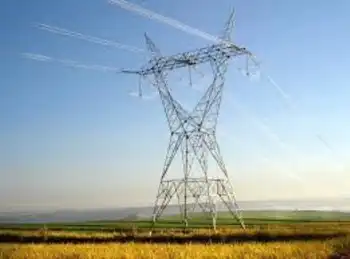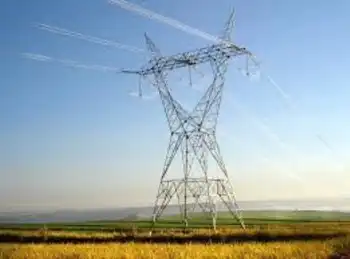Bill gives Duke clean-air credit: Proposal would exempt additions to 1 power plant from tight limit
NORTH CAROLINA - Additions to Duke Energy's Rutherford County power plant would be exempted from a state air-pollution rule, under a measure the N.C. House tentatively approved recently.
The rule, adopted last year, could tighten pollution limits on the two new power units Duke plans to build at its coal-fired Cliffside plant. Duke said the rule unfairly treats how the plant's emissions are regulated.
A former member of the state Environmental Management Commission, which adopted the rule, said Duke is poking a loophole that lets the utility avoid the most stringent pollution controls.
"In my opinion, it's outrageous," said Dan Besse of Winston-Salem, one of three members who helped craft the rule. Besse left the EMC last year and now serves on Winston-Salem's city council.
The House passed a bill excluding the plant from the state rule by a 105-8 vote.
A complex maze of state and federal laws police utility emissions.
Under North Carolina's 2002 Clean Smokestacks Act, Duke and Raleigh-based Progress Energy will reduce their sulfur dioxide emissions 73 percent by 2013. Sulfur dioxide causes hazy skies, acid rain and fine airborne particles.
A federal law, in addition, is designed to protect the air in wilderness areas such as Burke County's Linville Gorge from new pollution sources. Duke's Cliffside additions are being scrutinized for their impact on those areas.
Duke plans to retire four old units at the plant, add a sulfur dioxide-catching scrubber to the remaining unit, and build two new units that will share the scrubber. The plant will generate three times as much power while reducing sulfur dioxide by two-thirds.
But the state rule Duke is fighting doesn't give the company credit for its Clean Smokestacks pollution reductions - the scrubber - in assessing the impact of its new units. The rule, Duke says, wipes out the operating flexibility Clean Smokestacks promised in return for reduced emissions.
"Why should we be penalized for the good work we've done?" asked George Everett, Duke's environmental affairs vice president. "We're simply saying treat us fairly."
If the legislature doesn't pass the bill before it, Duke says it might have to limit the amount of power its new Cliffside units produce.
Besse said Duke is trying to take advantage of its Clean Smokestacks reductions to avoid full scrutiny of the new units.
Duke said the Cliffside improvements will reduce sulfur dioxide emissions to about 10,000 tons a year. A consultant for the state Sierra Club, which opposes the bill, estimates that federal officials could require about 3,000 tons less a year.
Related News

Rio Tinto Completes Largest Off-Grid Solar Plant in Canada's Northwest Territories
ONTARIO - In a significant step towards sustainable mining practices, Rio Tinto has completed the largest off-grid solar power plant in Canada’s Northwest Territories. This groundbreaking achievement not only highlights the company's commitment to renewable energy but also sets a new standard for the mining industry in remote and off-grid locations.
Located in the remote Diavik Diamond Mine, approximately 220 kilometers south of the Arctic Circle, Rio Tinto's off-grid solar power plant represents a technological feat in harnessing renewable energy in challenging environments. The plant is designed to reduce reliance on diesel fuel, traditionally used to power the mine's operations,…




